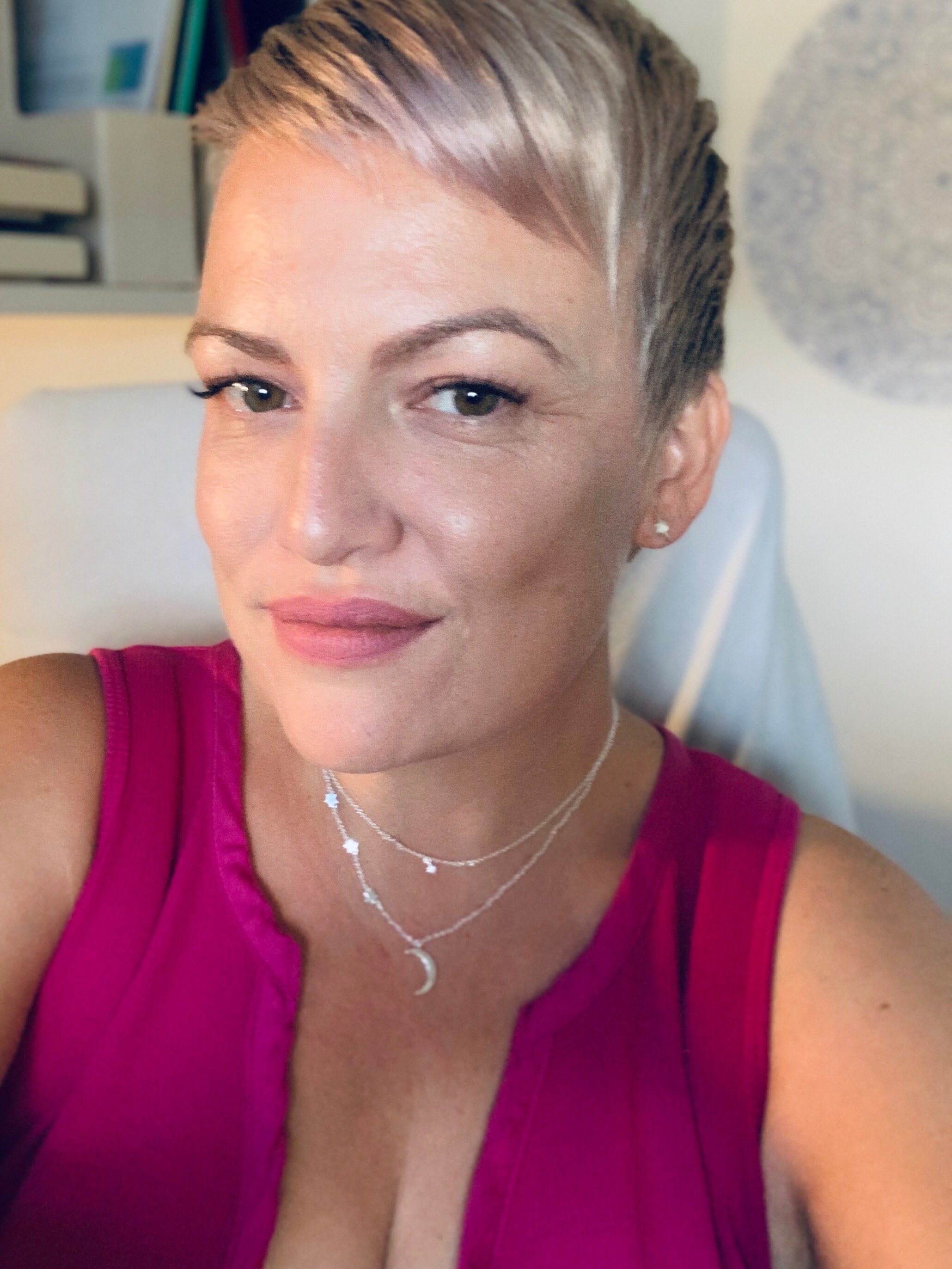Health Coaching
People want to feel good, avoid chronic disease, and live long lives. They wish to see their children and grandchildren grow up and have the energy to play with them. They aim to perform better at work, enjoy their relationships, and be well enough to get the most out of life. However, there's a significant difference between wanting the benefits of being healthy and consistently engaging in the behaviours that lead to good health. That's where health coaches come in, and here’s a breakdown of what they can do.
Health coaches are trained in various disciplines that support people in making lasting changes. These include (but aren't limited to):
Positive psychology, which leverages people's strengths (rather than focusing on their weaknesses) to facilitate change.
Motivational interviewing helps individuals link behaviour changes to their deepest needs and goals (e.g., "I will change my diet because I want to live to see my grandchildren graduate from school.”)
Habit formation and reversal support individuals in cultivating positive habits or breaking negative ones.
Coaches are also trained to work with clients more collaboratively than the expert clinical approach in medicine. In the expert approach, the "authority" assesses the problem, delivers advice, recommends solutions, and sometimes teaches new skills. In contrast, the collaborative process sees the health coach acting as a partner or ally, encouraging clients to discover their answers, becoming their advocate, and supporting them in developing the skills they need to embrace new behaviours.
This collaborative approach empowers clients to become the primary drivers of change. Working with a health coach also builds confidence, self-awareness, and self-actuation, which are crucial for long-term change since the client will likely not work with the coach for their entire lifetime. To use the old analogy, the doctor gives the patient a fish so she can eat for a day, whereas the coach teaches the client to fish so she can eat for a lifetime.
Not surprisingly, studies have consistently shown that coaching interventions improve health outcomes for several chronic diseases, including diabetes, heart disease, obesity, and cancer. This is no small effect. Some research indicates that applying evidence-based principles of behaviour change can enhance the chances of success.
Along the same lines, the barriers to becoming a health coach are significantly lower than becoming a doctor, nurse practitioner, or physician assistant. This is also important because we'll need at least ten times the number of health coaches than doctors to make a significant dent in preventing and reversing chronic disease.
Coaches help people discover the "why" behind their desired health change
They empower people as the experts on their bodies, minds, and circumstances
They help people identify challenges and blind spots that are preventing change
They provide support and accountability
They use their broad health and wellness knowledge to help people navigate various health concerns.
Coaches aren't there to lecture, direct, or prescribe. They are there to empower clients to make healthier choices for themselves. This requires abandoning personal agendas, dealing with one's emotional triggers related to client topics, and learning to listen from a neutral, nonjudgmental place.
Info & Graphic Sources: tonyrobbins.com & kressierinstitute.com https://unconventionalmedicinebook.com/


